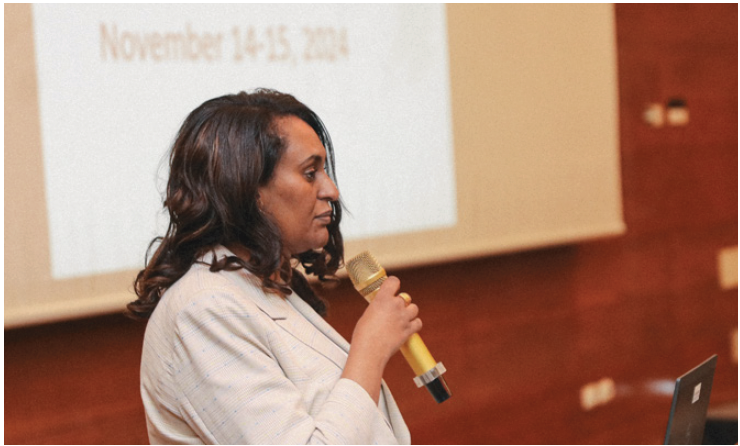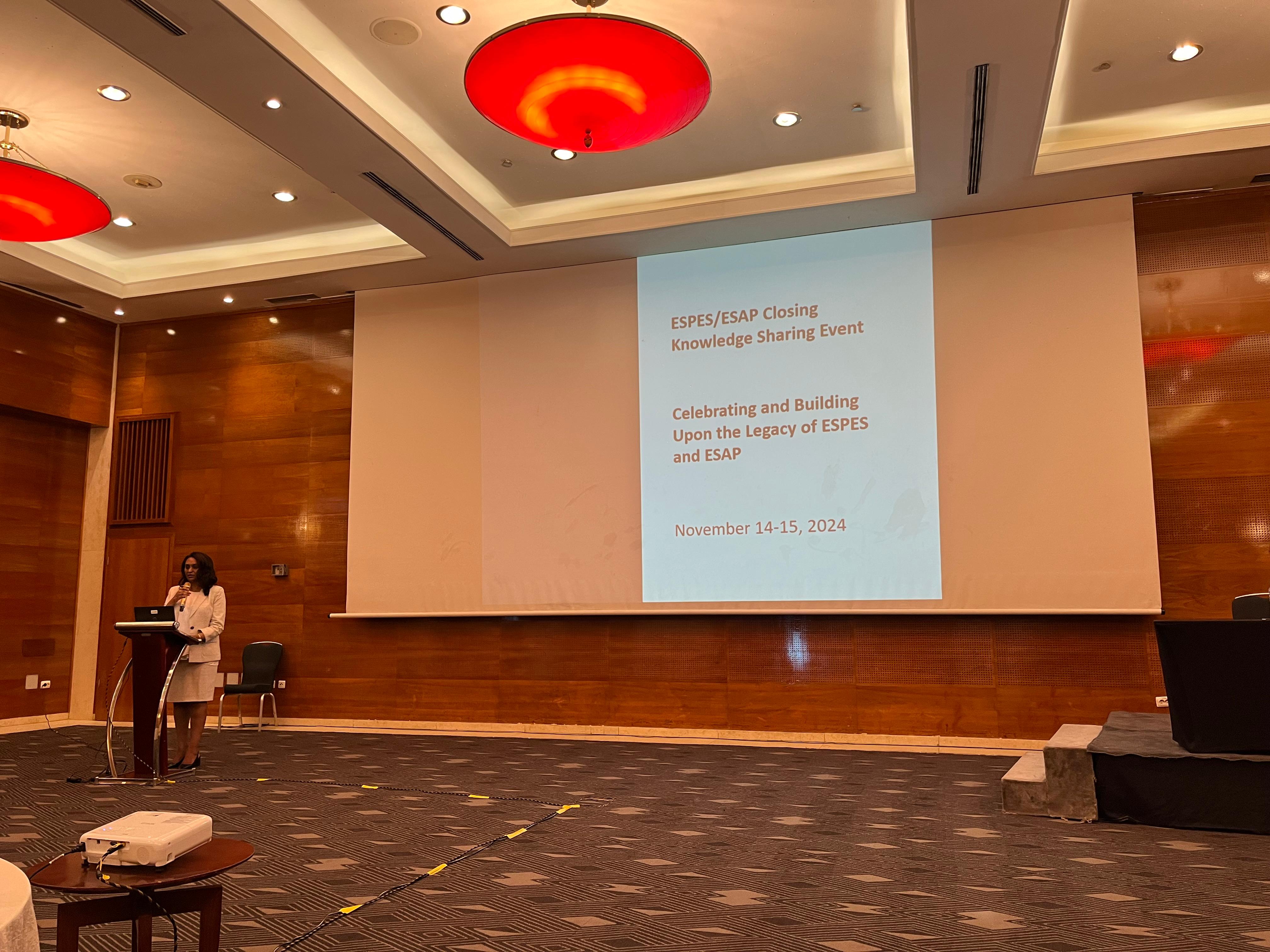Dec 10, 2024 - Ethiopia
VNG International’s Ethiopia Social Accountability Program (ESAP) celebrated its final month in November of this year. At the ‘Closing and Knowledge Sharing Event’ held on November 14 and 15, 2024, a diverse group of stakeholders came together to reflect on the programs' impact and explore strategies for sustaining their gains. This gathering was a moment to celebrate achievements, share insights, and chart a path forward for equitable service delivery and accountability. This marks the end of an era that has transformed service delivery and social accountability in Ethiopia. Since 2006, with the first phase of ESAP, the World Bank has strengthened decentralized service systems and improved basic service access across key sectors, especially in underserved regions.
VNG International has proudly implemented the second and third phase of the ESAP programme since 2011. VNG International’s component of the programme ensured that investments of the Bank into service delivery were decided on, prioritized by, and accounted for by the citizens of Ethiopia. Working with all regions of the country, ESAP did not only enhance service quality but also institutionalized social accountability mechanisms, ensuring that citizens’ voices were heard in local governance. By targeting low-performing woredas, these programs addressed inequities and fostered more inclusive development.
The third phase of the programme, ESAP3, ran from 2019 to 2024. It focused on institutionalizing social accountability approaches in the country – building upon the previous Promoting Basic Services (PBS) project, which laid the groundwork for improving access to health, education, agriculture, water, sanitation, and rural roads in Ethiopia. Funded by the World Bank and development partners, they leave a lasting legacy of progress and lessons for future initiatives. Social Accountability is now institutionalized in Ethiopia, with the Ministry of Finance mainstreaming it in their planning and budgeting cycles – during the event, Her Excellency Semereta Sewasew, State Minister of the Ministry of Finance, emphasized the alignment of these programnes with Ethiopia’s Growth and Transformation Plan (GTP). She highlighted the importance of transparency, equity, and accountability, for the Ethiopian government.
Celebrating progress and a vision for the future
The event featured presentations and discussions on the achievements of the program, including success stories and lessons learned from initiatives in mainstreaming of social accountability. Civil society organizations shared case studies demonstrating the transformative impact of community engagement in governance. The insights shared underscored the importance of collaboration, capacity-building, and institutionalizing systems that promote equity and accountability.
Robert Chase, Social Protection & Jobs Practice Manager at the World Bank, reflected on the remarkable progress achieved over the years. He noted how ESPES and ESAP have supported Ethiopia’s broad service delivery programs, emphasizing the role of equitable and high-quality services in advancing human capital and fostering economic development. He acknowledged the critical contributions of development partners and the Ethiopian government in ensuring the programs' success.
As we close this chapter, the lessons from ESPES and ESAP offer valuable guidance for future initiatives. Sustaining these achievements will require continued efforts to institutionalize social accountability mechanisms, enhance capacity at all levels of governance, and promote inclusive engagement with stakeholders. These steps are crucial for ensuring that the progress made translates into long-term improvements in service delivery and governance.
Ethiopia, Social Accountability Program 3 | VNG





